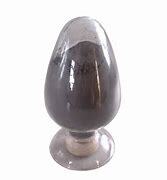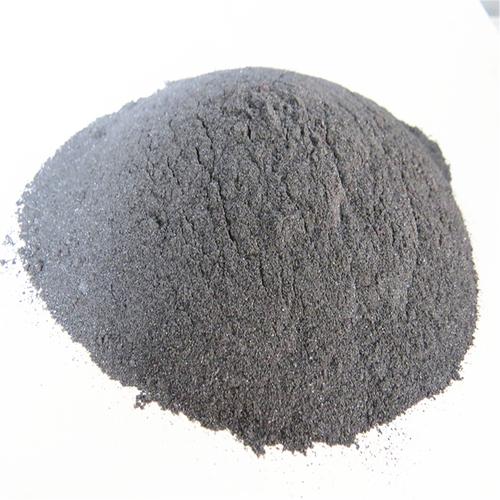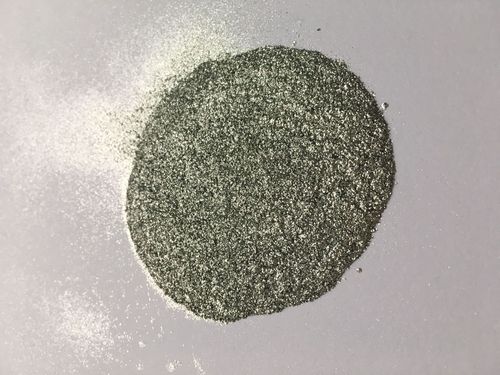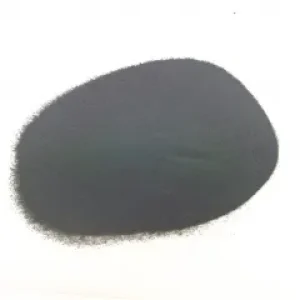Overview of tungsten carbide balls, tungsten carbide ball bearing, cemented carbide ball
Tungsten Carbide (WC) is a hard, brittle, and corrosion-resistant material composed of equal parts tungsten and carbon atoms. It is a popular member of the cemented carbide family, known for its incredible hardness, strength, and thermal stability. Tungsten carbide is often used in industrial applications requiring high wear resistance and the ability to maintain sharp edges, even under extreme conditions.
Features of tungsten carbide balls, tungsten carbide ball bearing, cemented carbide ball
-
Exceptional Hardness: With a Mohs hardness of 9.0 to 9.5, tungsten carbide is one of the hardest materials available, second only to diamond.
-
High Density: Its density ranges from 14.5 to 15.6 g/cm³, providing substantial mass in a small volume, beneficial for applications like balancing and weighting.
-
Thermal Stability: Retains its hardness up to temperatures around 1000°C, making it suitable for high-temperature applications.
-
High Young’s Modulus: Possesses a high modulus of elasticity, indicating stiffness and resistance to deformation under load.
-
Brittleness: Although extremely hard, tungsten carbide is also brittle, requiring careful handling to avoid chipping or fracturing.
-
Chemical Resistance: Resistant to corrosion from most acids except for hydrofluoric acid and strong alkalis, and is not attacked by most organic materials.

(tungsten carbide balls, tungsten carbide ball bearing, cemented carbide ball)
Parameters of tungsten carbide balls, tungsten carbide ball bearing, cemented carbide ball
Tungsten carbide balls (also known as carbide grinding balls), also known as tungsten carbide balls or carbide ball bearings, are made of high-quality carbon-based materials that have been processed to create a hard and wear-resistant surface. They are commonly used in a variety of applications where precision engineering is required, such as in milling machines, presses, and drill bits.
The most common parameters for Tungsten Carbide Balls include:
* hardness: This refers to the maximum pressure that can be applied to the material without causing it to break or crack. The harder the hardness, the more durable the carbide balls will be.
* coefficient of friction: This measures the resistance between two surfaces to sliding motion. A higher coefficient of friction means that the surfaces need to move slower to avoid slipping, which can increase wear on the carbide balls over time.
* tolerance: This is the degree to which the ball fits inside the hole. A higher tolerance means that the ball will not shift or move significantly during operation, which can reduce wear and maintenance requirements.
* size: The diameter of the ball in millimeters or other units of measurement.
Other important parameters for Tungsten Carbide Balls include:
* shatter resistance: This measures how resistant the ball is to breaking when subjected to impact or.
* load capacity: This refers to the amount of weight that can be supported by the ball without it failing or breaking.
* cost: This is the price of the ball per unit weight, which may vary depending on the quality and grade of the material used.
* service life: This is the average lifespan of the ball before it needs to be replaced or replaced due to wear.
In general, Tungsten Carbide Balls are considered to be one of the best options for use in high-precision applications where accuracy and reliability are critical. They offer superior wear resistance, high tensile strength, and a long lifespan compared to many other types of balls, making them an ideal choice for use in a wide range of industries and applications.

(tungsten carbide balls, tungsten carbide ball bearing, cemented carbide ball)
Applications of tungsten carbide balls, tungsten carbide ball bearing, cemented carbide ball
-
Cutting Tools: Used in the manufacture of drills, milling cutters, and other metal-cutting tools due to its hardness and heat resistance.
-
Mining and Construction: For drill bits, saw tips, and wear parts in earthmoving equipment due to its exceptional wear resistance.
-
Jewelry: Provides a durable and scratch-resistant alternative to precious metals in rings and other jewelry items.
-
Ballistic Applications: Used in armor-piercing ammunition and protective plates due to its hardness and density.
-
Dies and Punches: In the forming of other metal parts in stamping and punching operations due to its wear resistance and ability to hold a sharp edge.
-
Oil and Gas Drilling: As components of drill bits and wear parts in drilling equipment due to its toughness and resistance to abrasion.
Company Profile
MyCarbides is a trusted global chemical material supplier & manufacturer with over 12-year-experience in providing super high-quality carbides and relative products.
The company has a professional technical department and Quality Supervision Department, a well-equipped laboratory, and equipped with advanced testing equipment and after-sales customer service center.
If you are looking for high-quality carbide materials and relative products, please feel free to contact us or click on the needed products to send an inquiry.
Payment Methods
L/C, T/T, Western Union, Paypal, Credit Card etc.
Shipment
It could be shipped by sea, by air, or by reveal ASAP as soon as repayment receipt.
FAQs of tungsten carbide balls, tungsten carbide ball bearing, cemented carbide ball
Q: How is tungsten carbide balls, tungsten carbide ball bearing, cemented carbide ball manufactured?
A: tungsten carbide balls, tungsten carbide ball bearing, cemented carbide ball is typically produced by mixing tungsten carbide powder with a binder metal (commonly cobalt), pressing the mixture into shape, and then sintering it at high temperatures to form a solid, tough material.
Q: Is tungsten carbide balls, tungsten carbide ball bearing, cemented carbide ball recyclable?
A: Yes, tungsten carbide balls, tungsten carbide ball bearing, cemented carbide ball is highly recyclable. Scrap and worn-out tungsten carbide tools can be collected, reground, and reused or reprocessed back into tungsten carbide powder.
Q: How does tungsten carbide balls, tungsten carbide ball bearing, cemented carbide ball compare to steel in terms of hardness and toughness?
A: While tungsten carbide balls, tungsten carbide ball bearing, cemented carbide ball is much harder than steel, making it suitable for cutting and drilling harder materials, it is less tough, meaning it is more prone to chipping or breaking under impact compared to steel.
Q: Can tungsten carbide balls, tungsten carbide ball bearing, cemented carbide ball be machined easily?
A: No, due to its extreme hardness, tungsten carbide is very difficult to machine using conventional methods. It often requires specialized grinding or electrical discharge machining (EDM) techniques.
Q: Is tungsten carbide balls, tungsten carbide ball bearing, cemented carbide ball dangerous to health?
A: In its solid form, tungsten carbide is generally safe to handle. However, during grinding or machining, dust containing tungsten carbide and cobalt binder can be released, which can be hazardous if inhaled. Proper protective measures are necessary.

(tungsten carbide balls, tungsten carbide ball bearing, cemented carbide ball)




